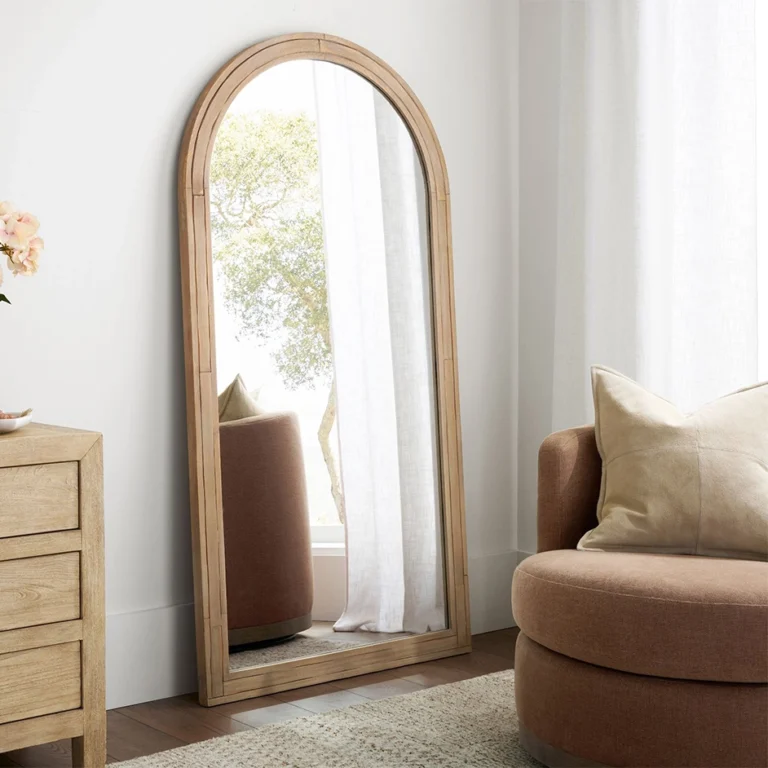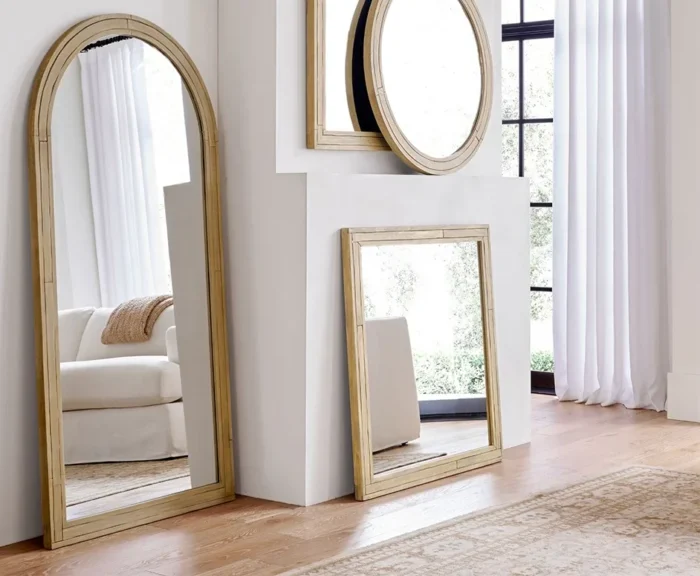Nautical mirror
Of course! The term “nautical mirror” can refer to two distinct but fascinating things:
-
A Decorative Object: A mirror designed with a nautical or coastal theme.
-
A Historical Navigation Instrument: The original “nautical mirror” used for celestial navigation.
Let’s break down both meanings.
1. The Decorative Nautical Mirror (For Home & Interior Design)
This is the most common modern interpretation. A nautical mirror is a decorative piece that brings the feel of the coast, the sea, and sailing ships into a home, often as part of a “coastal decor” or “New England” style.
Common Features and Styles:
-
Materials: Weathered or white-washed wood, rope, seashells, coral, navy blue or red accents, brass or chrome.
-
Shapes:
-
Porthole Mirror: The most iconic style, circular with a thick, rounded frame mimicking the portholes on a ship. Often made of metal or wood painted to look like metal.
-
Rope-Wrapped Mirror: A circular or rectangular mirror with a thick rope frame secured with nautical knots.
-
Driftwood Mirror: A mirror framed with pieces of natural or faux driftwood, evoking a beachside feel.
-
Ship’s Wheel Mirror: A mirror set within a frame shaped like a classic wooden ship’s wheel.
-
-
Where to Use Them: Perfect in bathrooms, entryways, living rooms, or bedrooms to create a relaxed, breezy, and maritime atmosphere.
Example:
“You can find a beautiful nautical mirror with a thick rope frame and a small anchor detail at the top, perfect for your beach house bathroom.”
2. The Historical Navigation Instrument (The “Mariner’s Mirror”)
This is the original, functional use of the term. Before modern GPS and radar, sailors used a nautical mirror as a crucial tool for celestial navigation. Its primary purpose was to measure the altitude of celestial bodies (like the sun or stars) above the horizon to determine the ship’s latitude.
The most accurate and famous type was the Mariner’s Astrolabe, which evolved into more refined instruments like the Quadrant and Sextant. These all used a mirror system.
How a Sextant’s Mirrors Work (The Principle):
A sextant is the pinnacle of this technology and its principles explain the “mirror” part perfectly.
-
Two Mirrors: It has a small half-silvered mirror (the horizon glass) and a fully silvered mirror (the index mirror) attached to a movable arm.
-
Sighting the Horizon: You look directly at the horizon through the eyepiece and the horizon glass.
-
Sighting the Celestial Body: You move the index arm until the reflection of the sun or star in the index mirror appears to “touch” the horizon you see directly.
-
Measuring the Angle: The precise movement of the arm corresponds to the angle between the horizon and the celestial body. This angle is read off a精密 scale on the instrument’s arc.
The mirror system allows the navigator to bring two distant objects (the star and the horizon) into alignment simultaneously, even from the deck of a moving ship, enabling an extremely accurate measurement.
Example:
“The navigator used the nautical mirror of his sextant to ‘shoot the sun’ at local noon, allowing him to calculate the ship’s position on the vast ocean.”
In Summary:
| Feature | Decorative Nautical Mirror | Historical Nautical Mirror (e.g., Sextant) |
|---|---|---|
| Primary Purpose | Aesthetics & Decor: To create a coastal theme. | Function & Navigation: To measure angles for plotting a ship’s course. |
| Key Component | A reflective glass surface with a themed frame (rope, porthole, etc.). | A system of precision mirrors (index mirror and horizon glass). |
| Context | Home interior design, beach houses, restaurants. | Maritime history, celestial navigation, sailing. |
| Modern Use | Very common in decor stores. | Largely obsolete for navigation (replaced by GPS) but used by enthusiasts and historians. |
So, when you hear “nautical mirror,” the context will tell you if it’s a beautiful piece for your wall or a sophisticated instrument that helped explorers chart the world.
Generally speaking, our order requirements are as follows: the minimum order quantity (MOQ) for large items is 50 pieces, for regular items it is 100 pieces, for small items it is 500 pieces, and for very small items (such as ceramic decorations) the MOQ is 1,000 pieces. Orders exceeding $100,000 will receive a 5% discount. The delivery timeline is determined based on the specific order quantity and production schedule. Typically, we are able to complete delivery within two months.
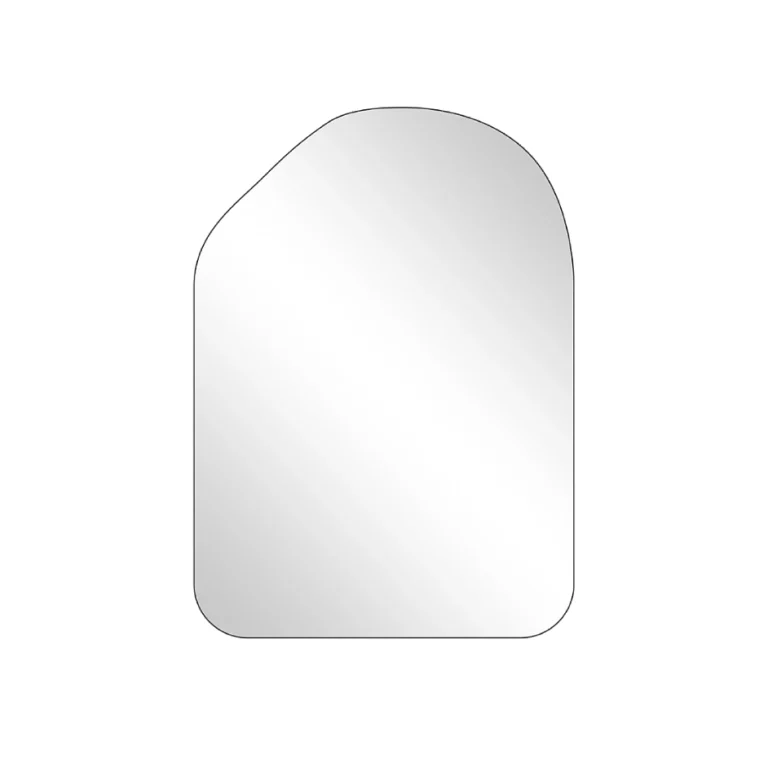
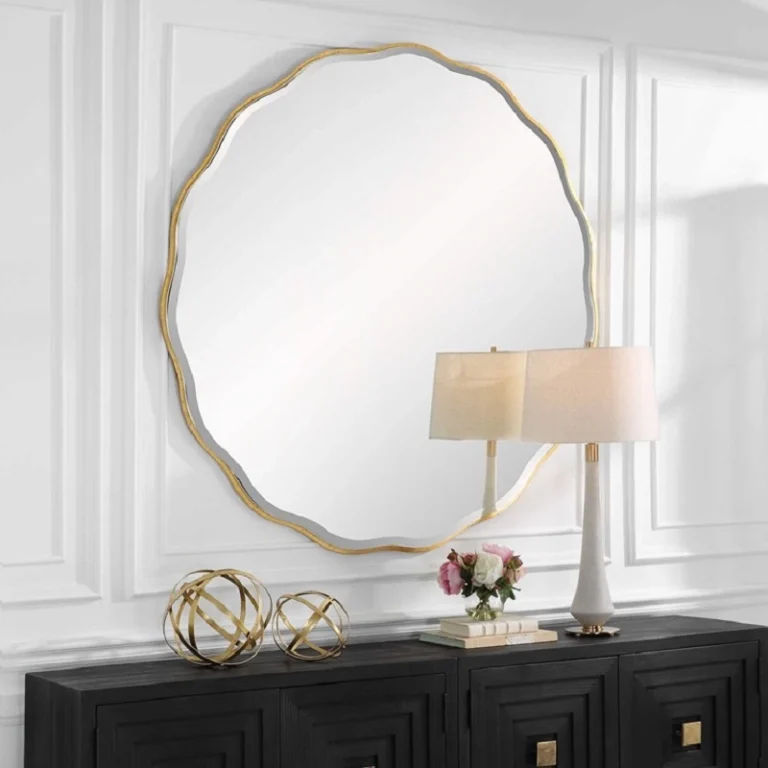
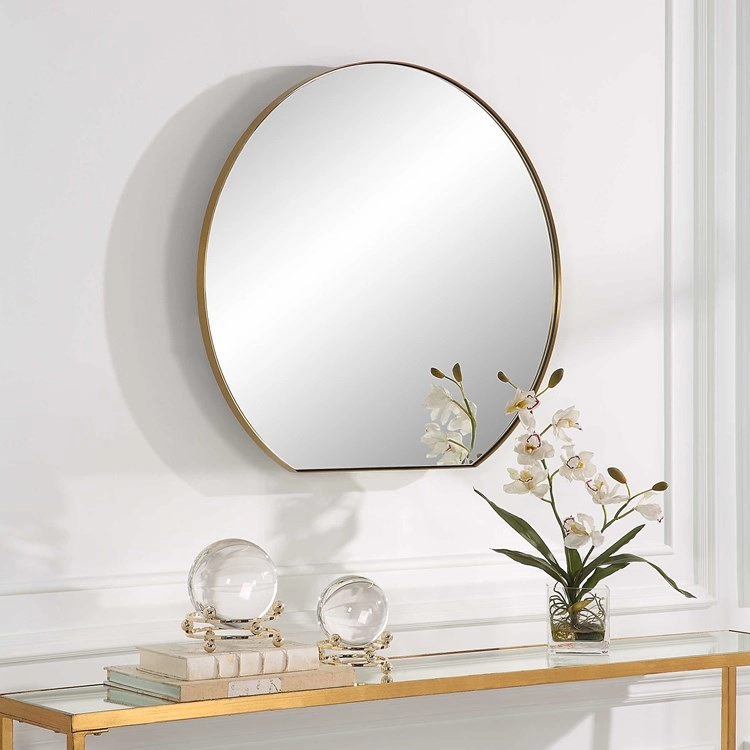
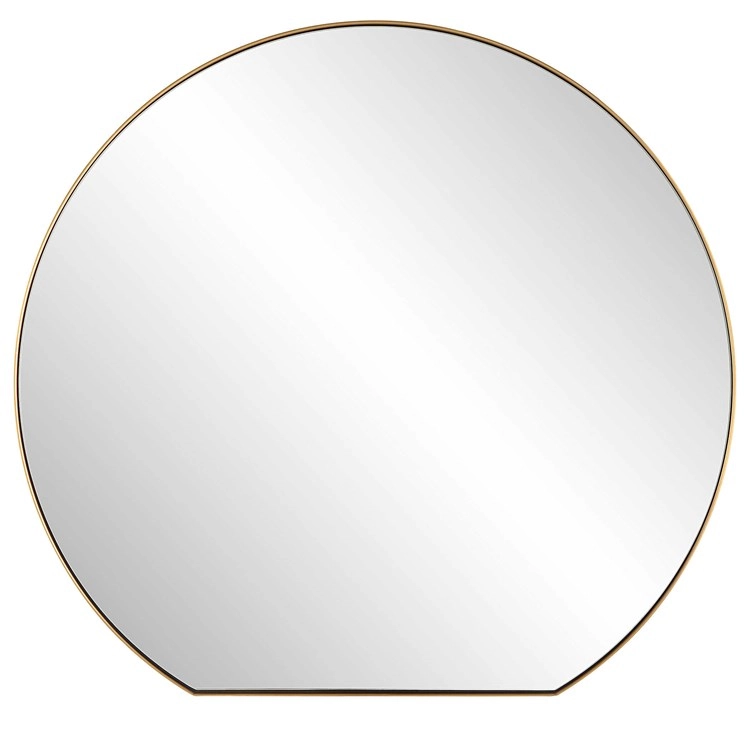
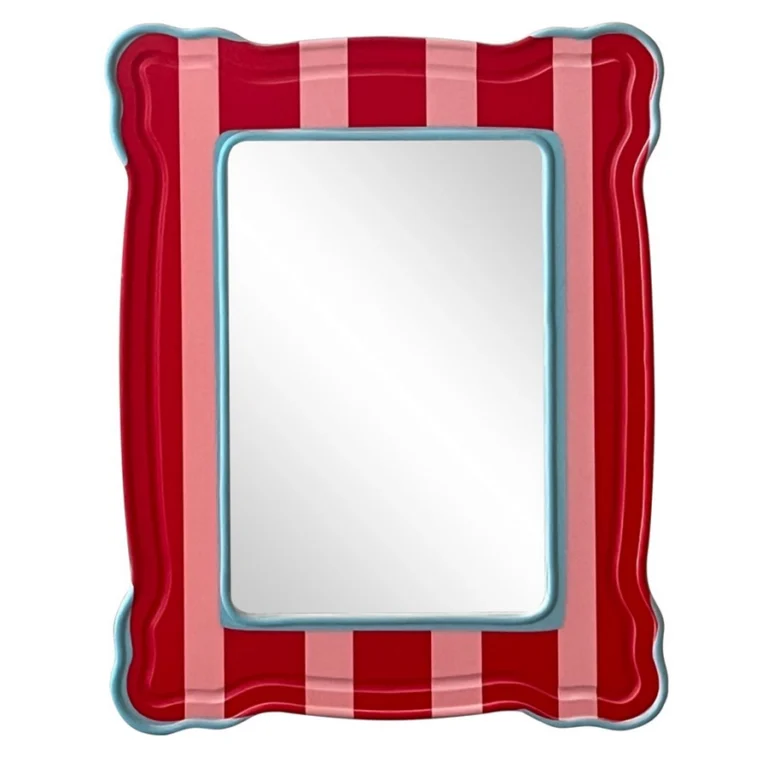
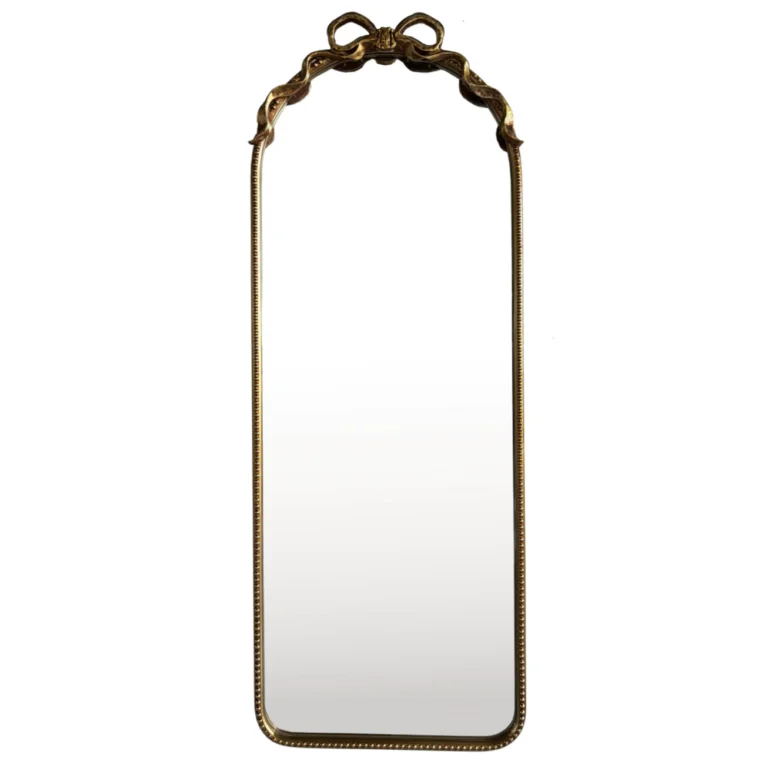
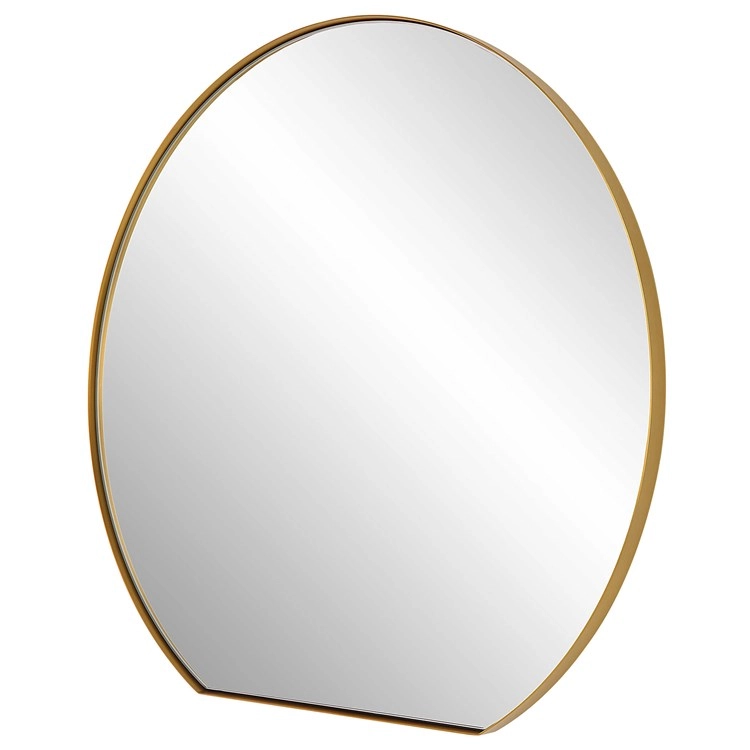
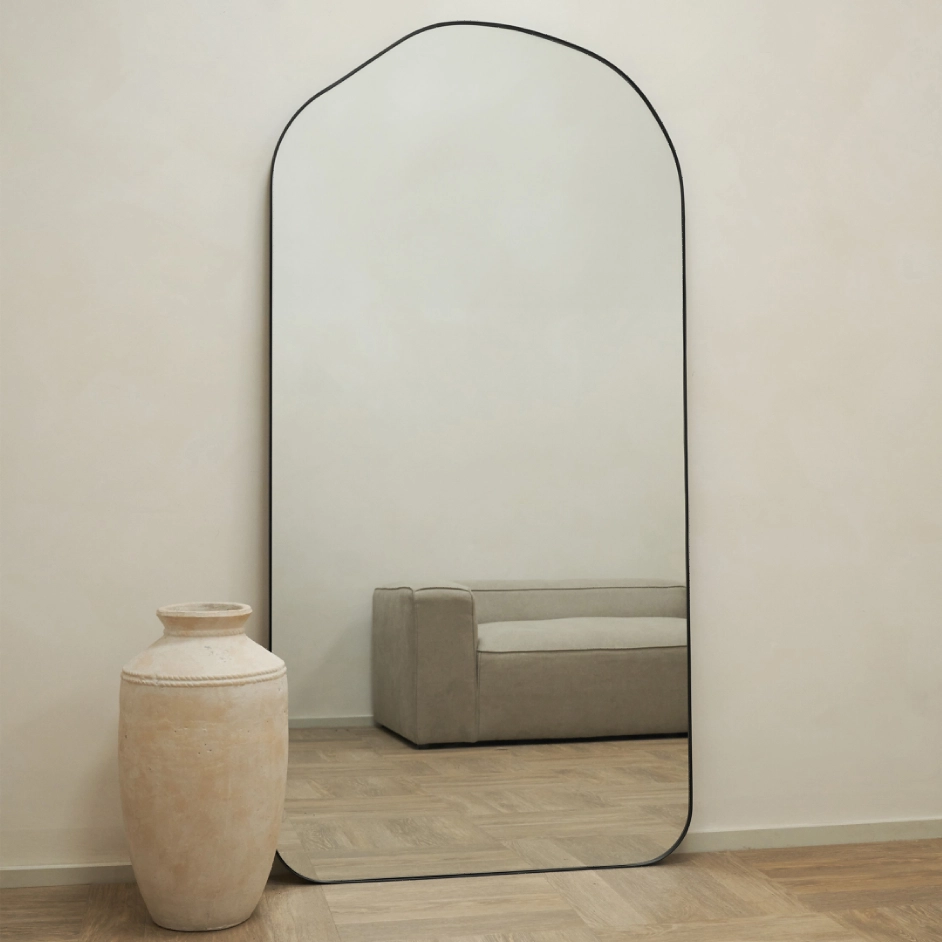
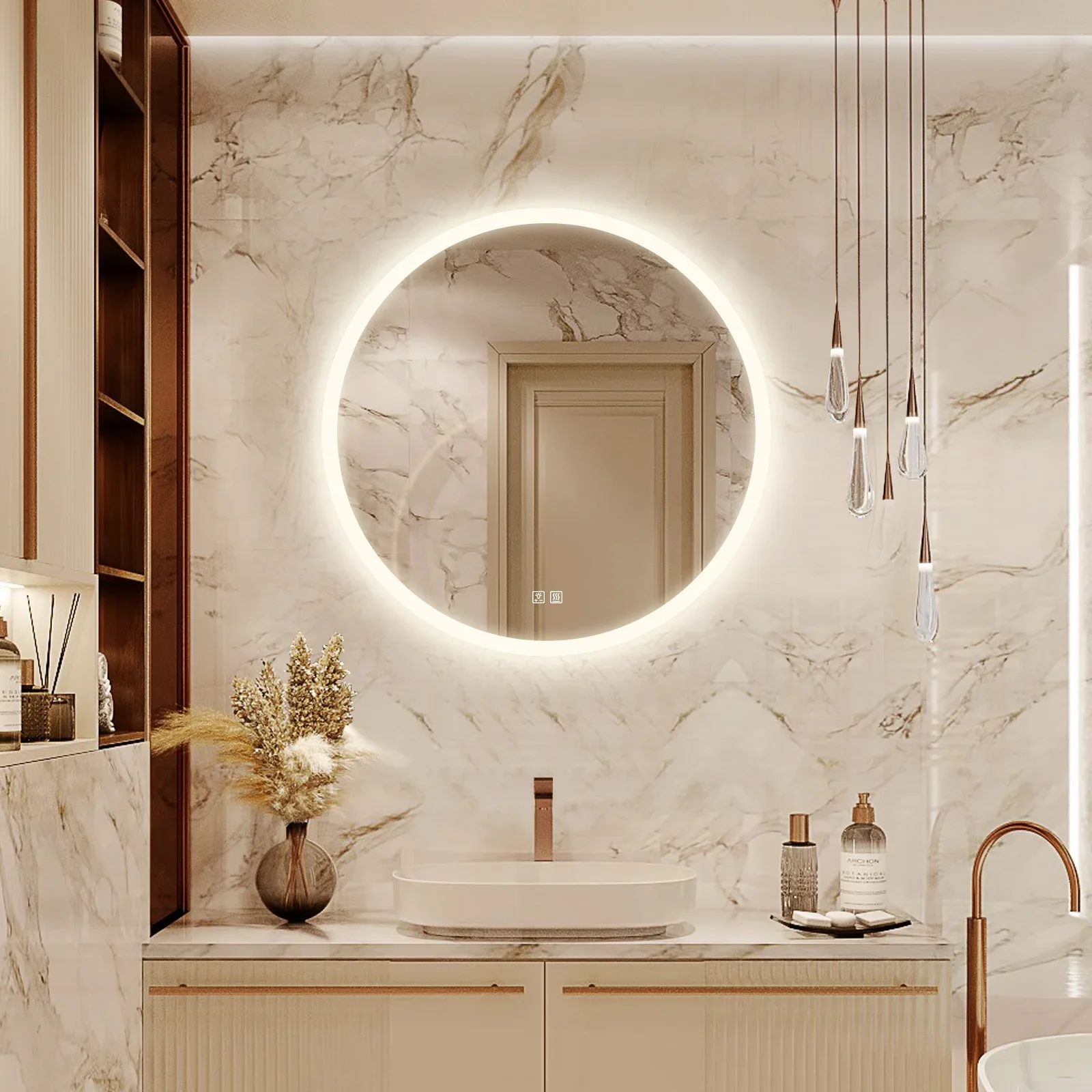
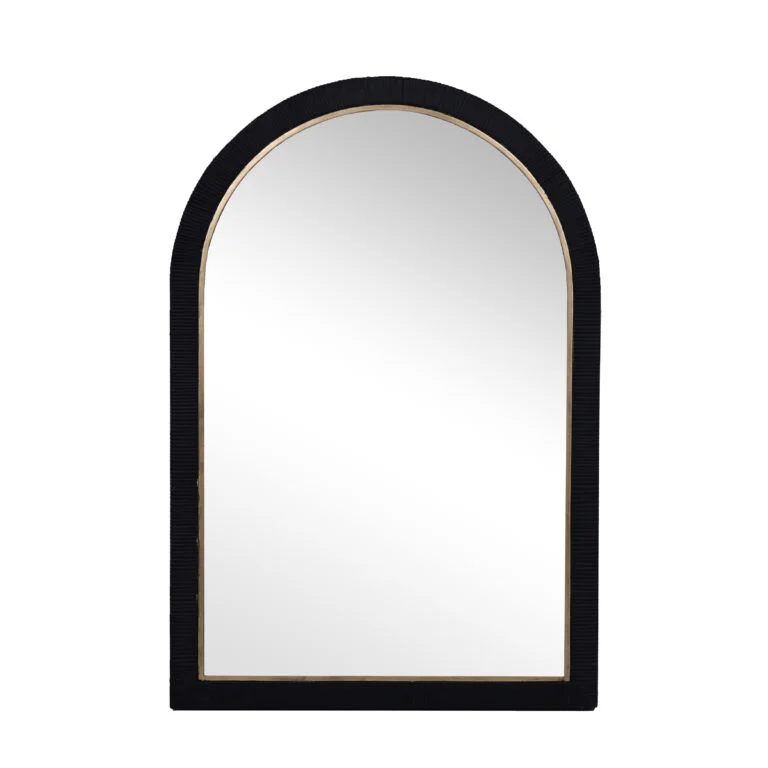
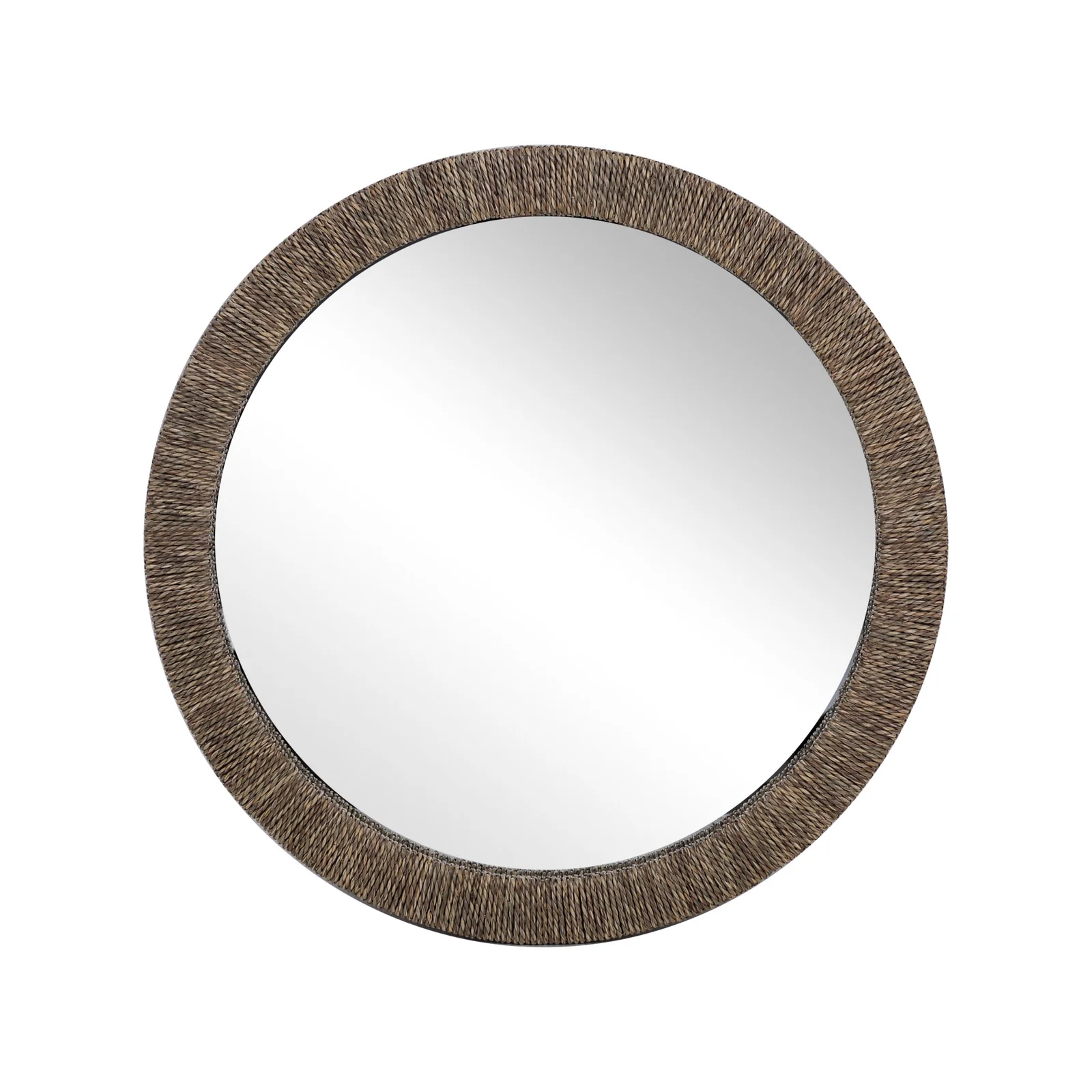
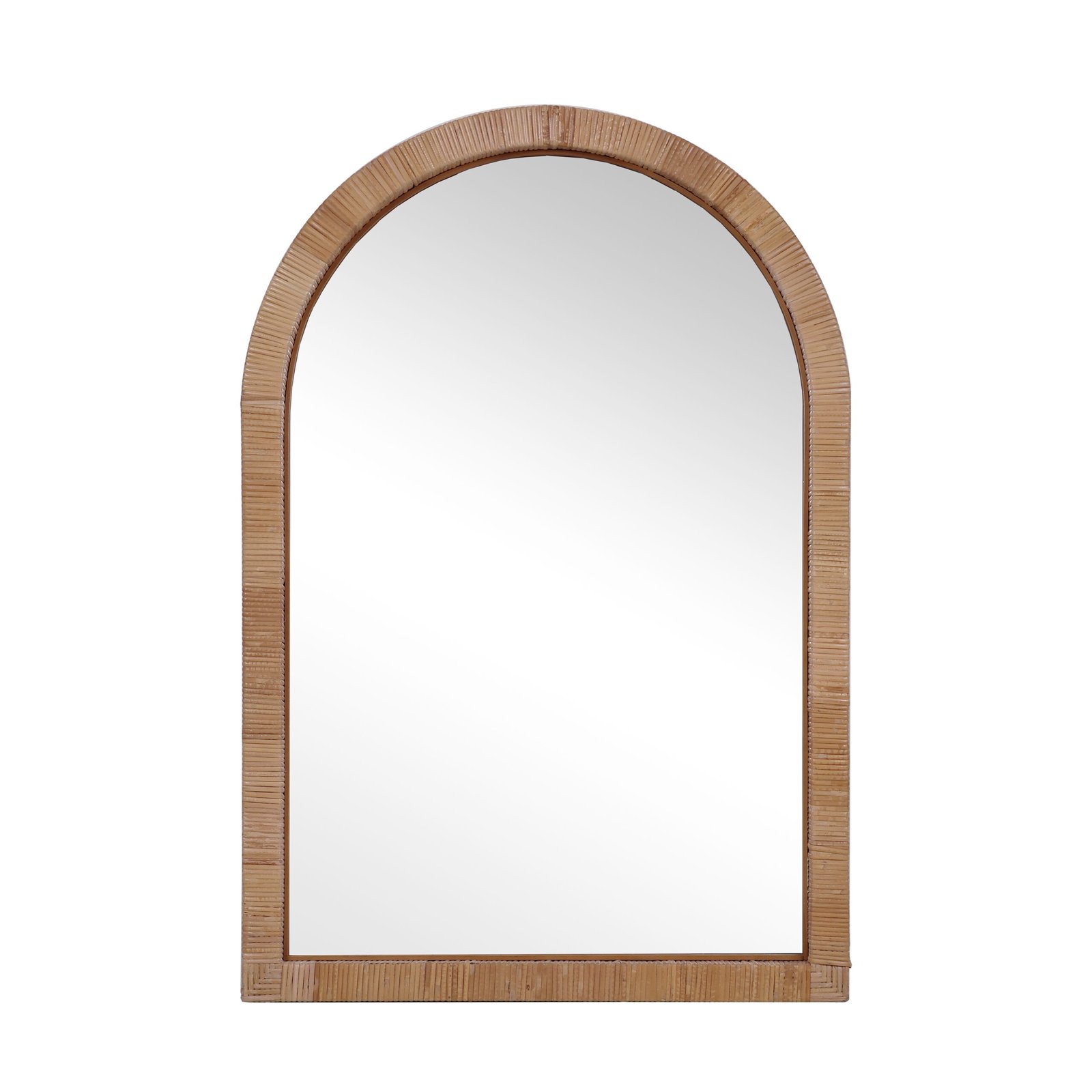
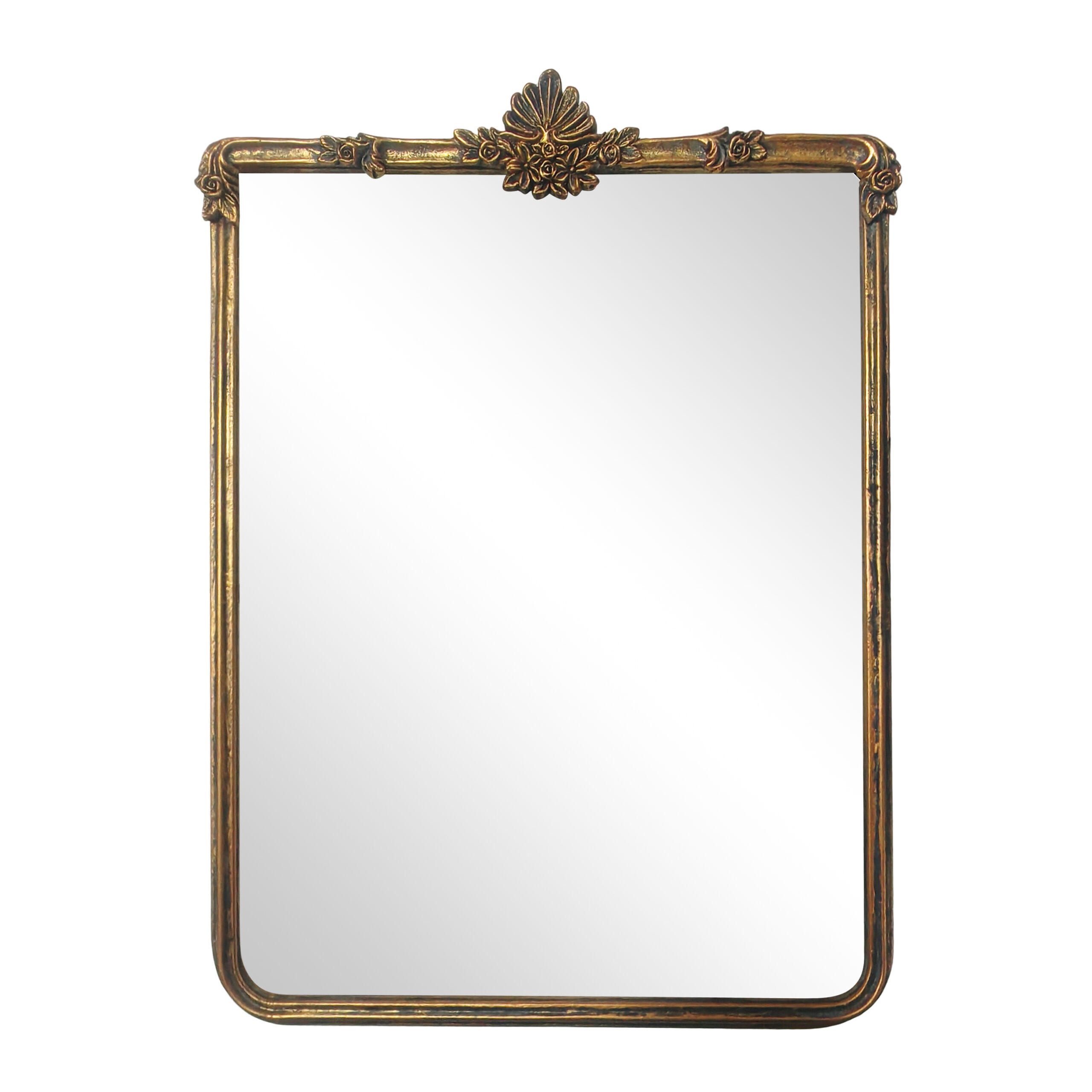




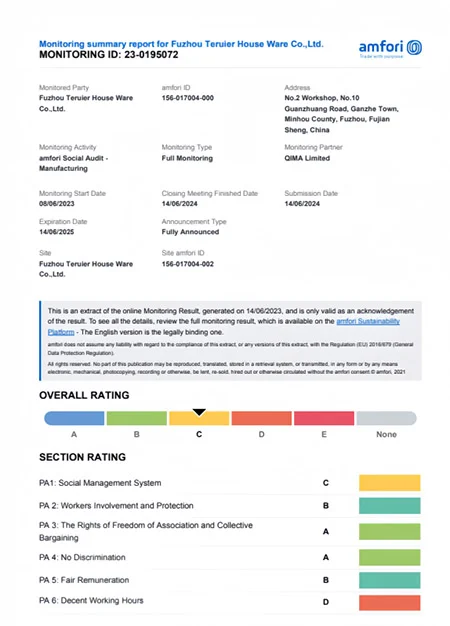
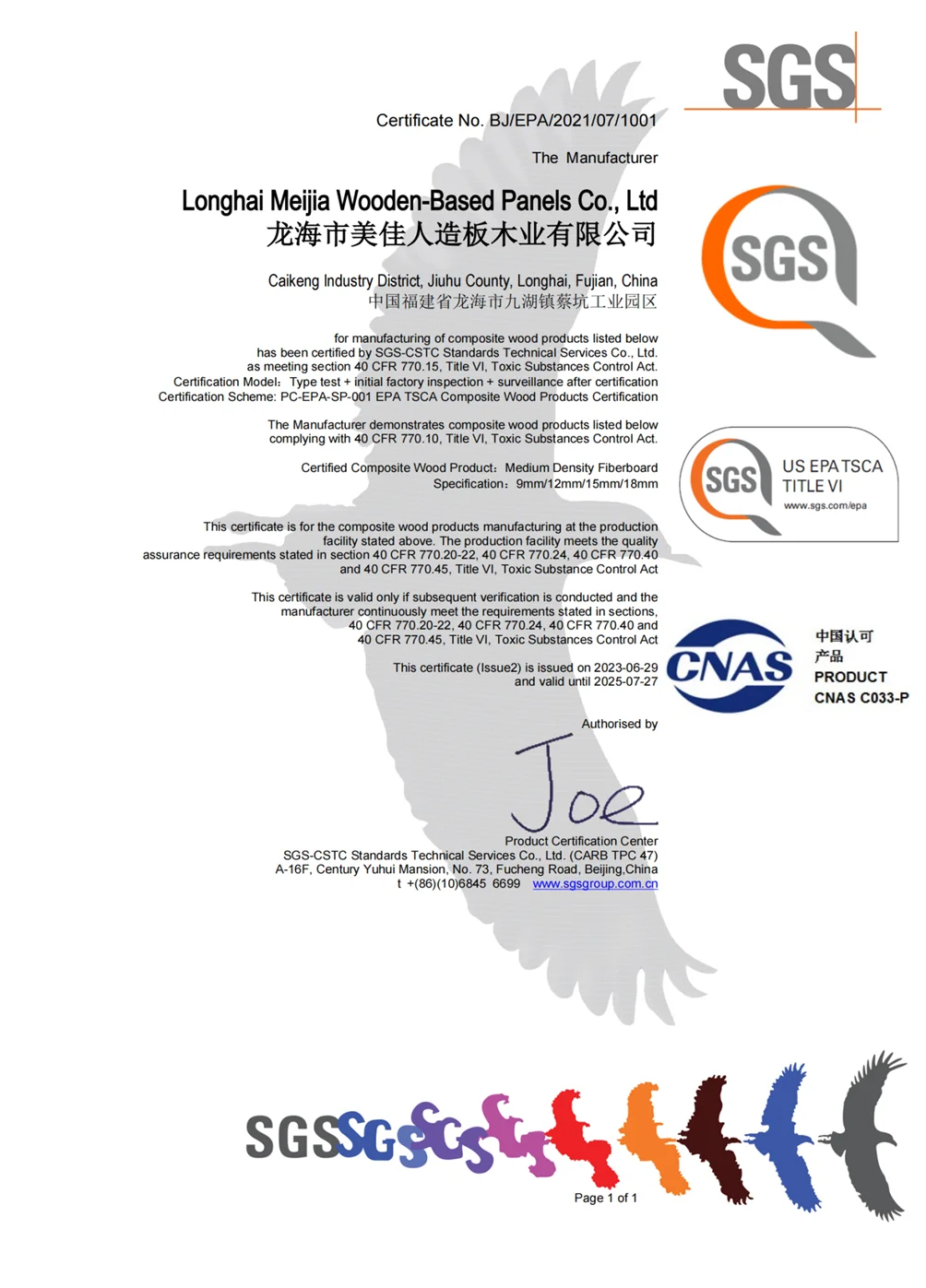

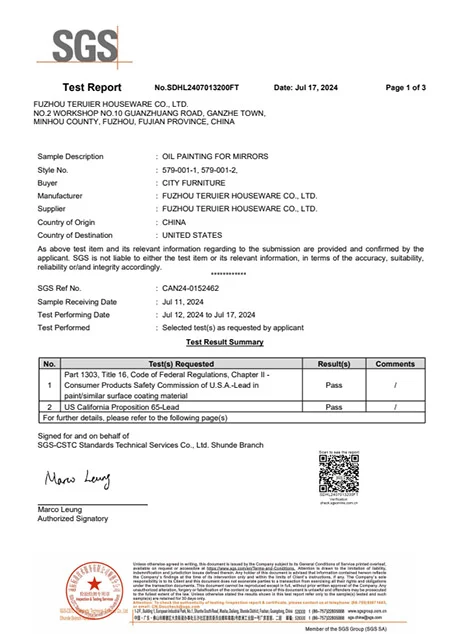
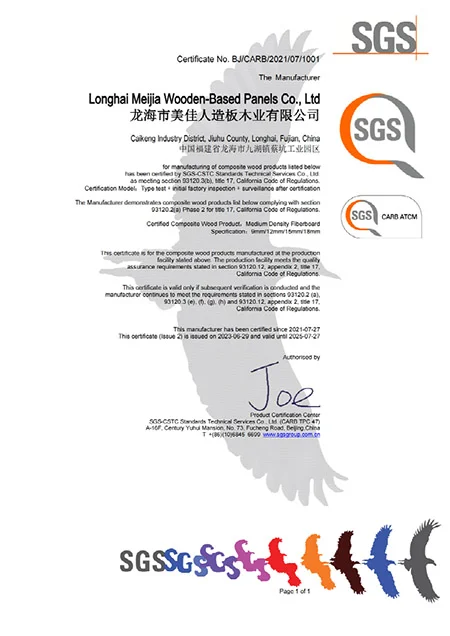
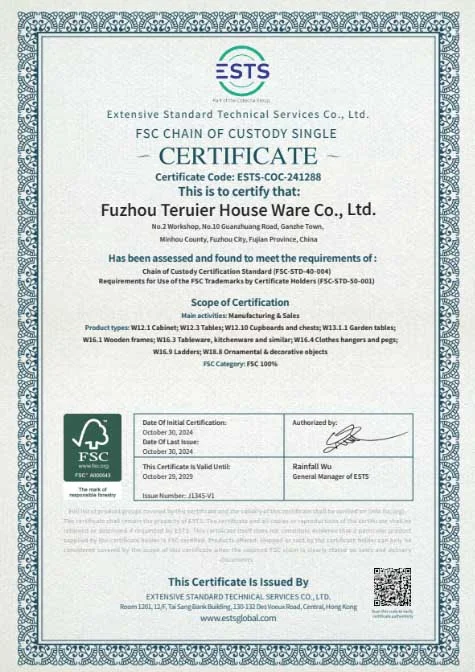
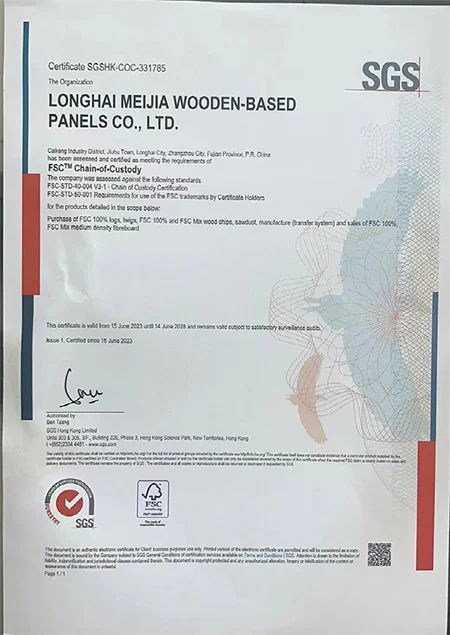
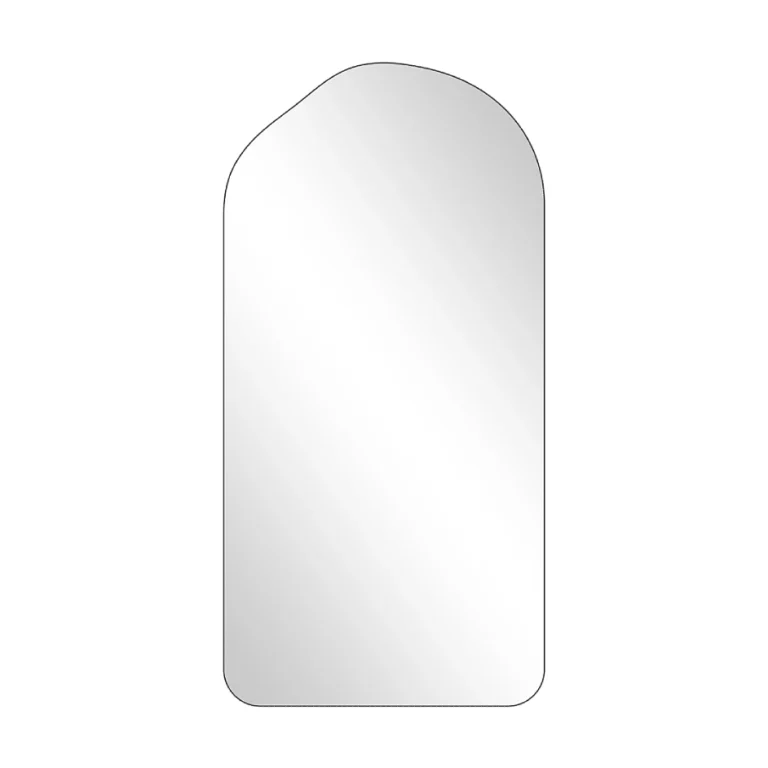
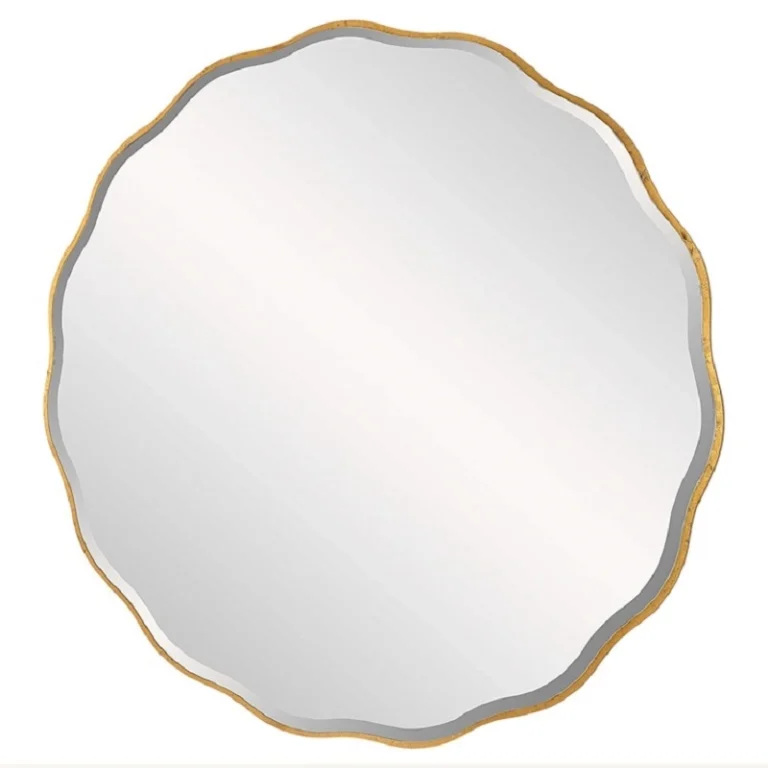
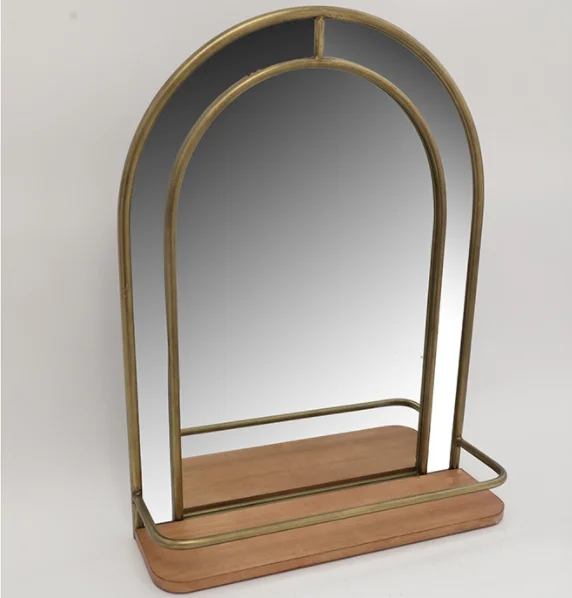
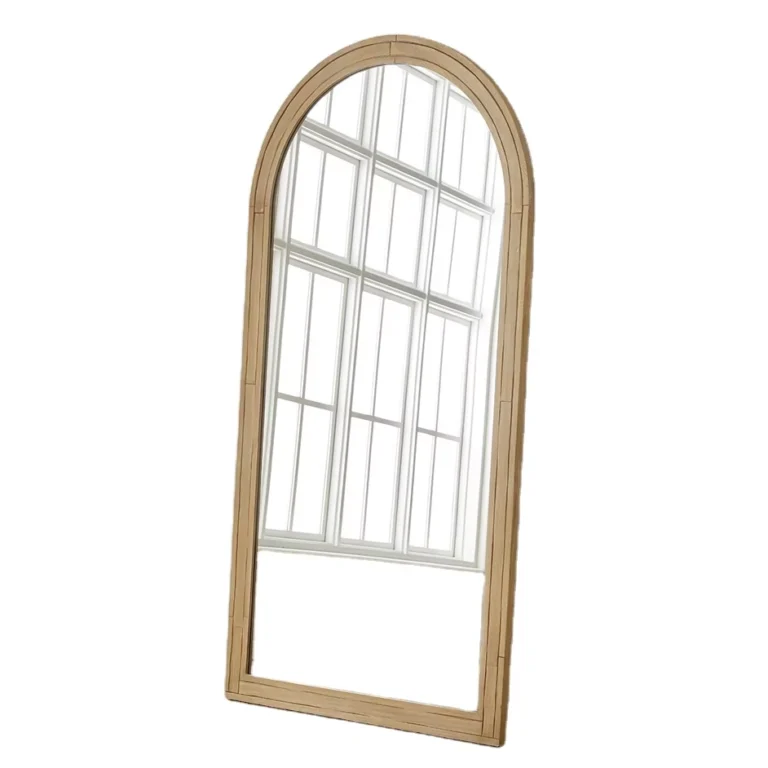

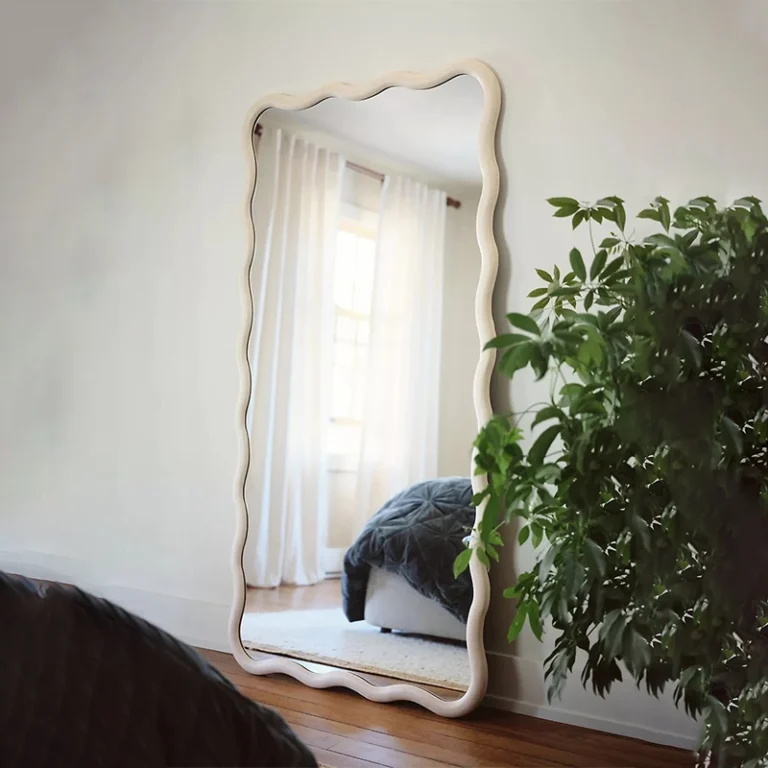
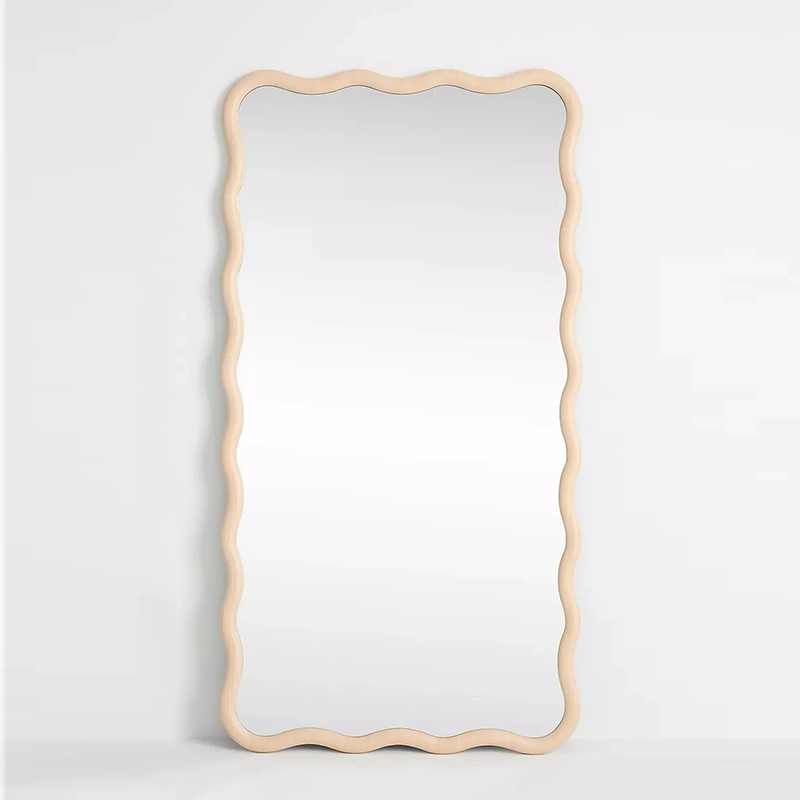
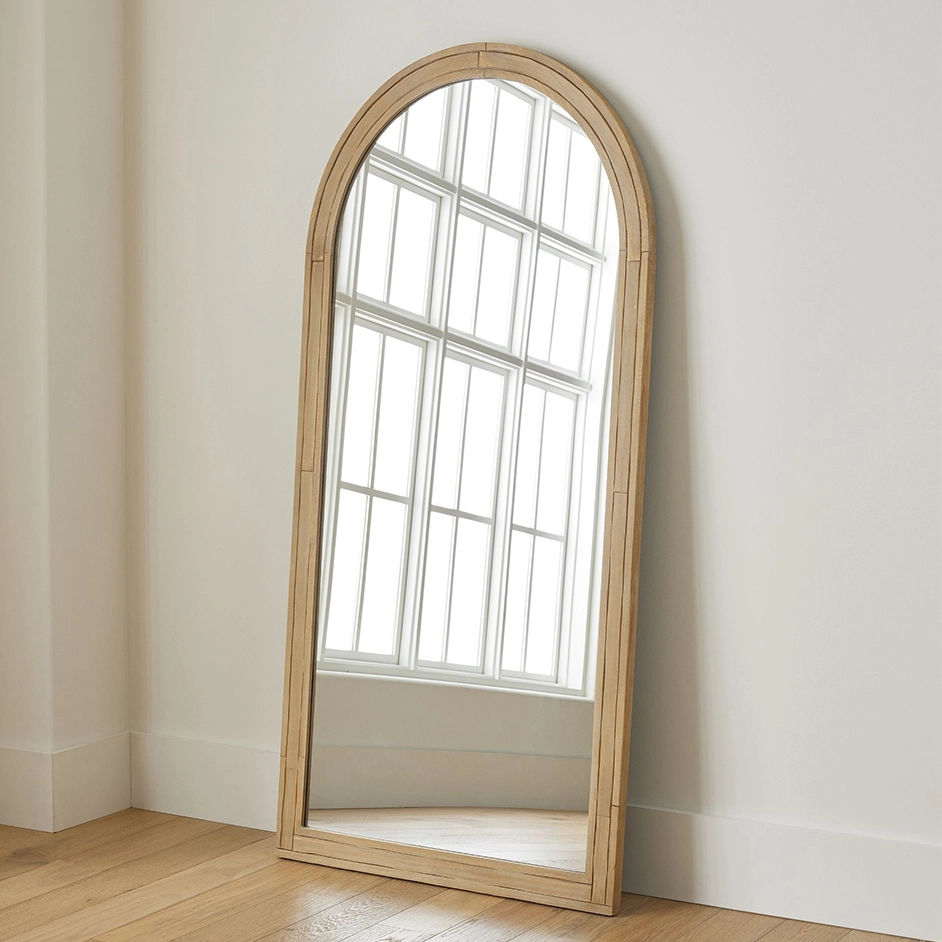
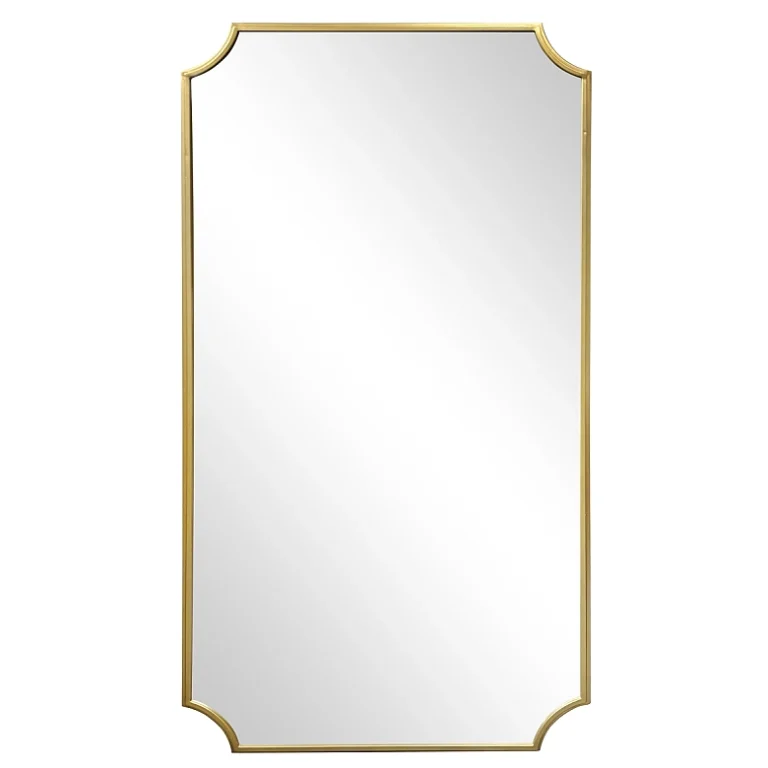
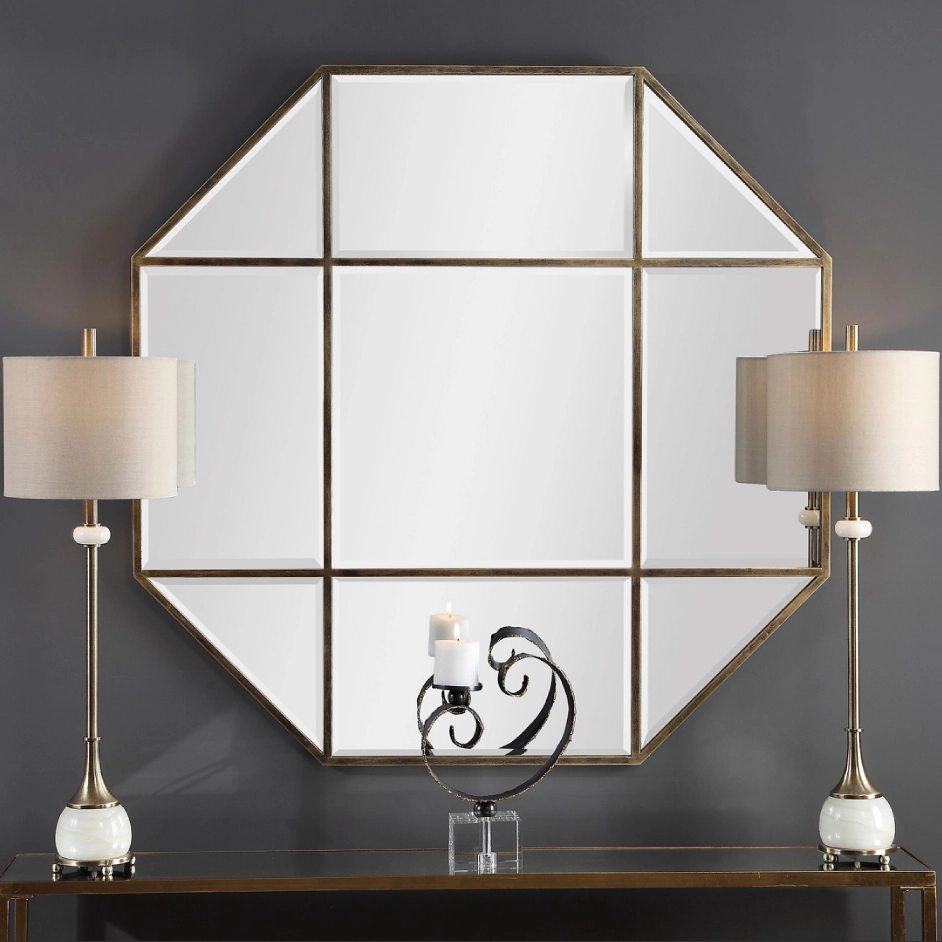
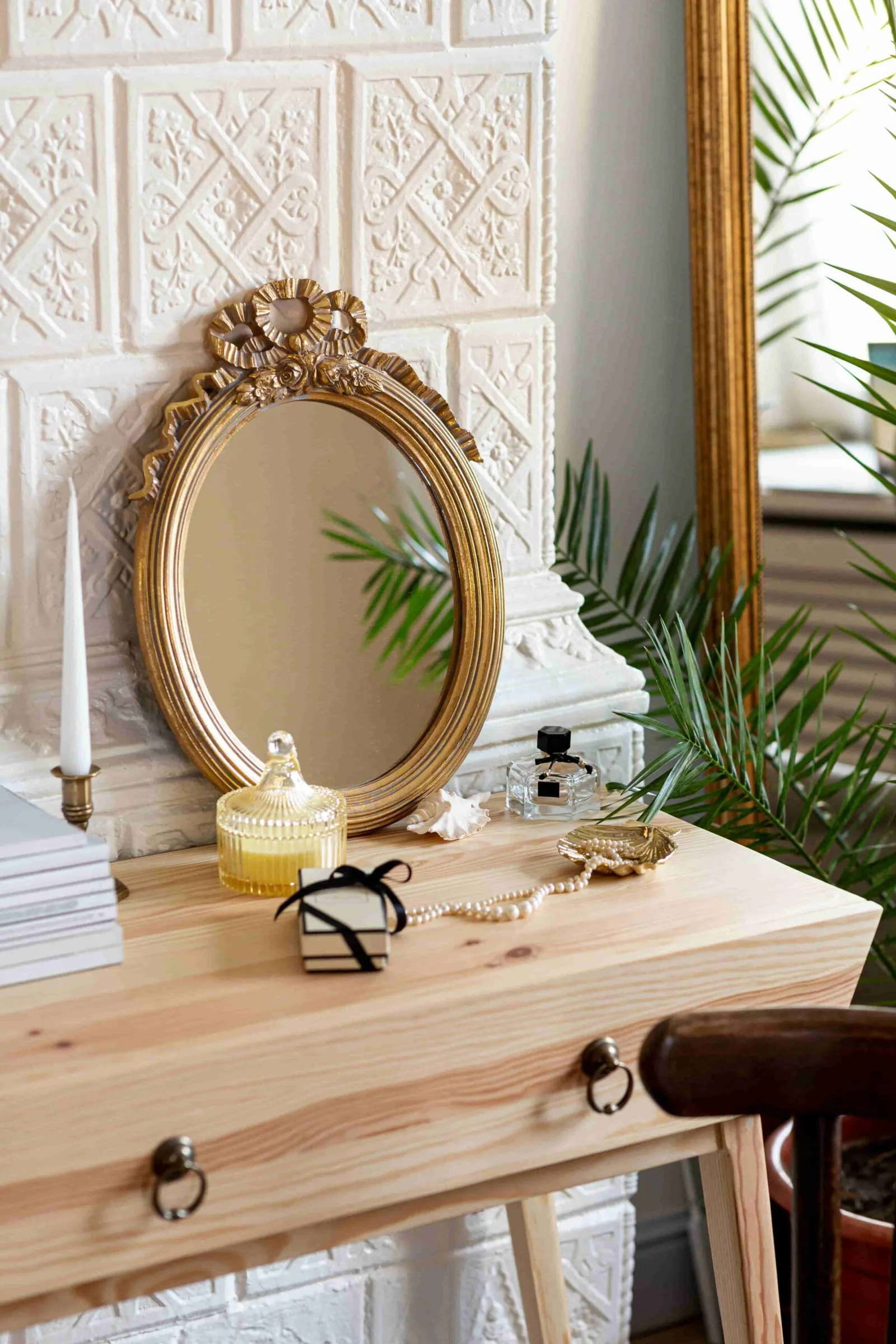
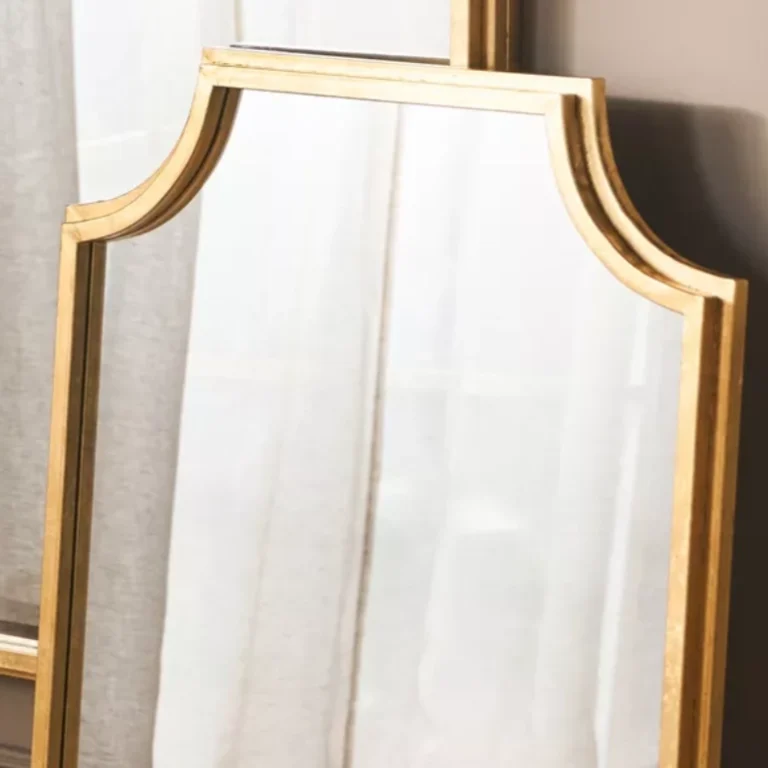
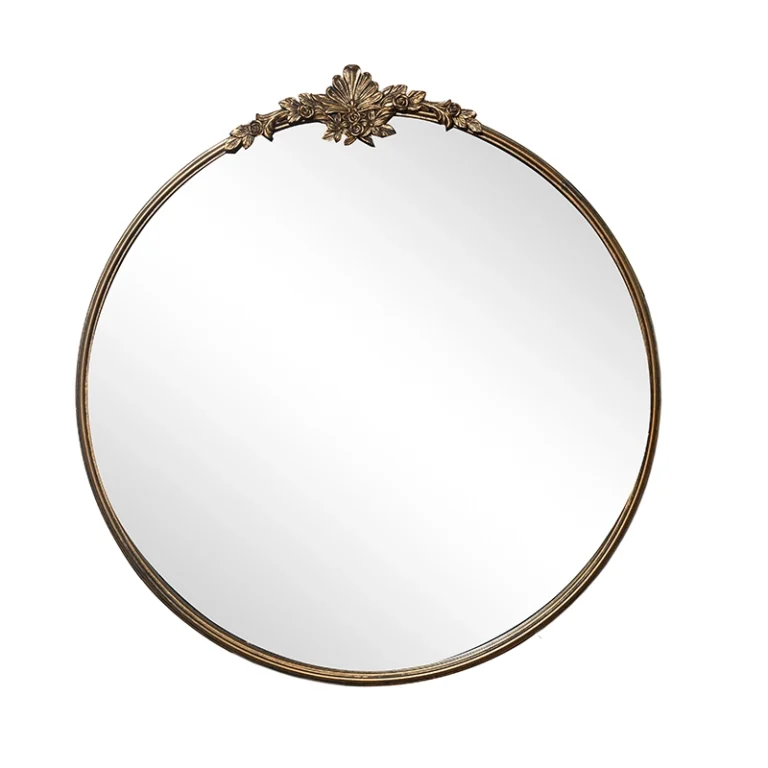
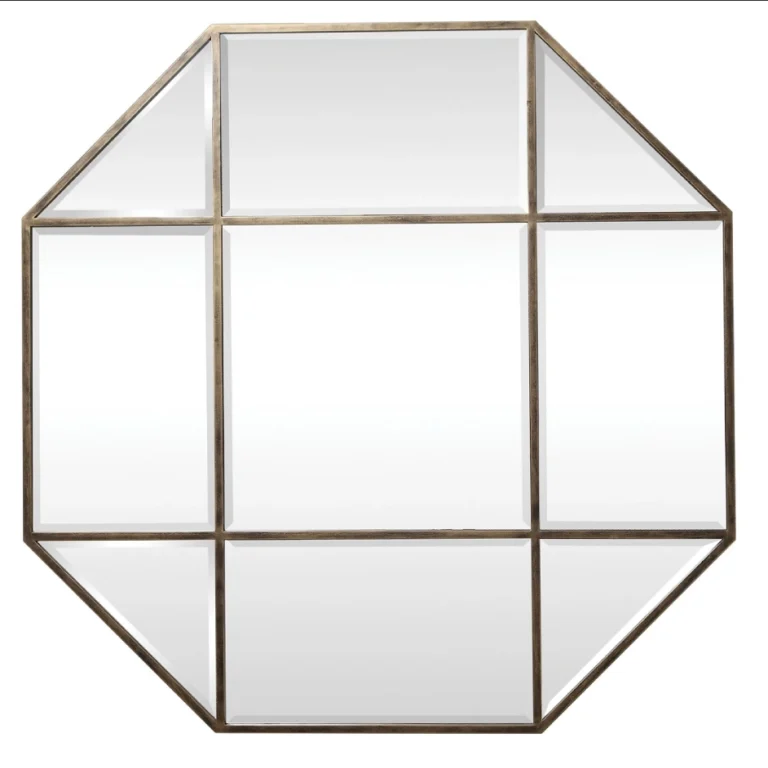
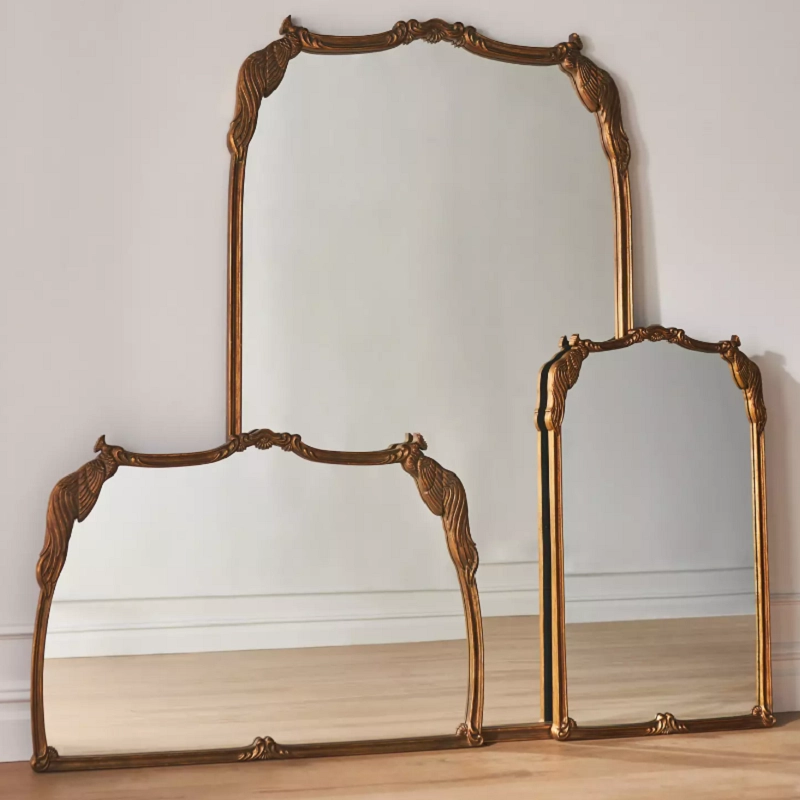
-scaled.jpg)
